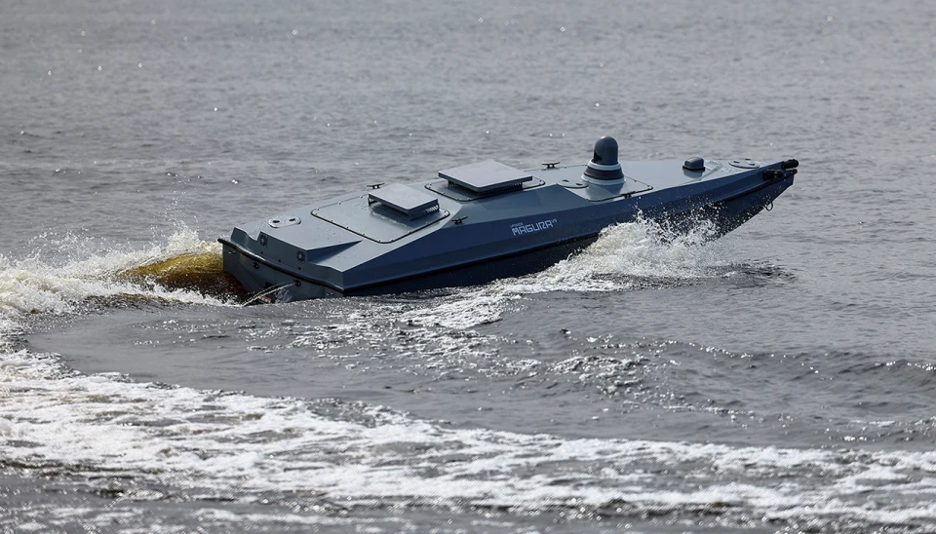Germany’s attempt to bolster Ukraine’s air defenses by donating its systems and rallying support from other allies is faltering, according to a report by Politico. Despite Berlin’s efforts, few countries are stepping up to follow Germany’s lead.
Berlin has committed 3 of its 11 US-made Patriot batteries, over 50 Gepard short-range air defense systems, and air-to-air missiles to help counter the barrage of ballistic missiles, bombs, and drones targeting Ukraine’s cities and infrastructure.
JOIN US ON TELEGRAM!
Follow our coverage of the war on the @Kyivpost_official.
For weeks, senior German politicians, including Foreign Minister Annalena Baerbock and Defense Minister Boris Pistorius, have been urging allies to contribute Patriot air and missile defense batteries to Ukraine.
Baerbock stressed the urgency during a visit to Kyiv, noting that Berlin had helped raise €1 billion for Ukraine’s air defense.
However, other countries have been slow to respond. Politico reported that despite Germany’s Immediate Action on the Air Defense initiative, partner nations remain hesitant to send the needed batteries to Ukraine.
While alternatives like SAMP/T, NASAMS, HAWK, IRIS-T, or S-300 systems are also considered, Patriots are deemed the most effective, especially with Ukrainian troops already trained on the system.
One key issue is the cost of Patriot systems, estimated at around $1 billion per unit, with each interceptor missile costing millions.

Ukraine to Start Domestic Production of Lynx IFVs with Rheinmetall by Year End
NATO Secretary-General Jens Stoltenberg has stated that “there are systems that can be made available to Ukraine.” Yet, coordinating their delivery has proven challenging.
“There is no European leadership and no unity between the main actors,” said Nico Lange, a former chief of staff at Germany’s defense ministry and now a fellow at CEPA.
“The sense of urgency has not increased; there’s more a sense of relief now that the Americans are delivering again,” he added.
Despite the lack of major contributions, some countries are making smaller pledges. Germany’s defense ministry reported commitments of financing from Belgium, Denmark, Norway, Canada, and the Netherlands, with France, Spain, Romania, Lithuania, Belgium, the United States, and the United Kingdom promising materials and rockets. Latvia also expressed interest in joining the program.
However, countries are reluctant to weaken their air defenses to support Ukraine. Fabian Hoffmann, a missile technology researcher at the University of Oslo, said: “Germany is going into a huge capability gap because it supports Ukraine. The order times are increasingly long for Patriot batteries.”
The delay in ordering replacements has created a backlog, with some estimates suggesting a wait time of over two years. Hoffmann suggested that a potential solution could be for countries with Patriots to give up their place in line to those willing to donate their current systems to Ukraine.
Other European countries with Patriot systems, such as Spain and Greece, have refused to redeploy their units, though Madrid is sending missiles. Poland, a critical transit point for arms to Ukraine, has also declined to donate a unit, with Prime Minister Donald Tusk citing a lack of backup.
Romania, which borders Ukraine, has been approached by US President Joe Biden to contribute, according to President Klaus Iohannis.
“I must discuss it in the Supreme Defense Council to see what we can offer and what we can get in return because it is unacceptable to leave Romania without air defenses,” Iohannis said during a visit to the White House.
Neutral Switzerland, which has five Patriot batteries on order, has not signaled any willingness to send its soon-to-be-retired systems to Ukraine.
Ukrainian President Volodymyr Zelensky had recently warned that the Russian ground offensive in the Kharkiv region might only be the beginning, suggesting further threats to the city of Kharkiv, Ukraine’s second-largest city.
Zelensky has been vocal in his appeals for at least seven additional air defense systems, including a minimum of two for the Kharkiv region.
You can also highlight the text and press Ctrl + Enter






